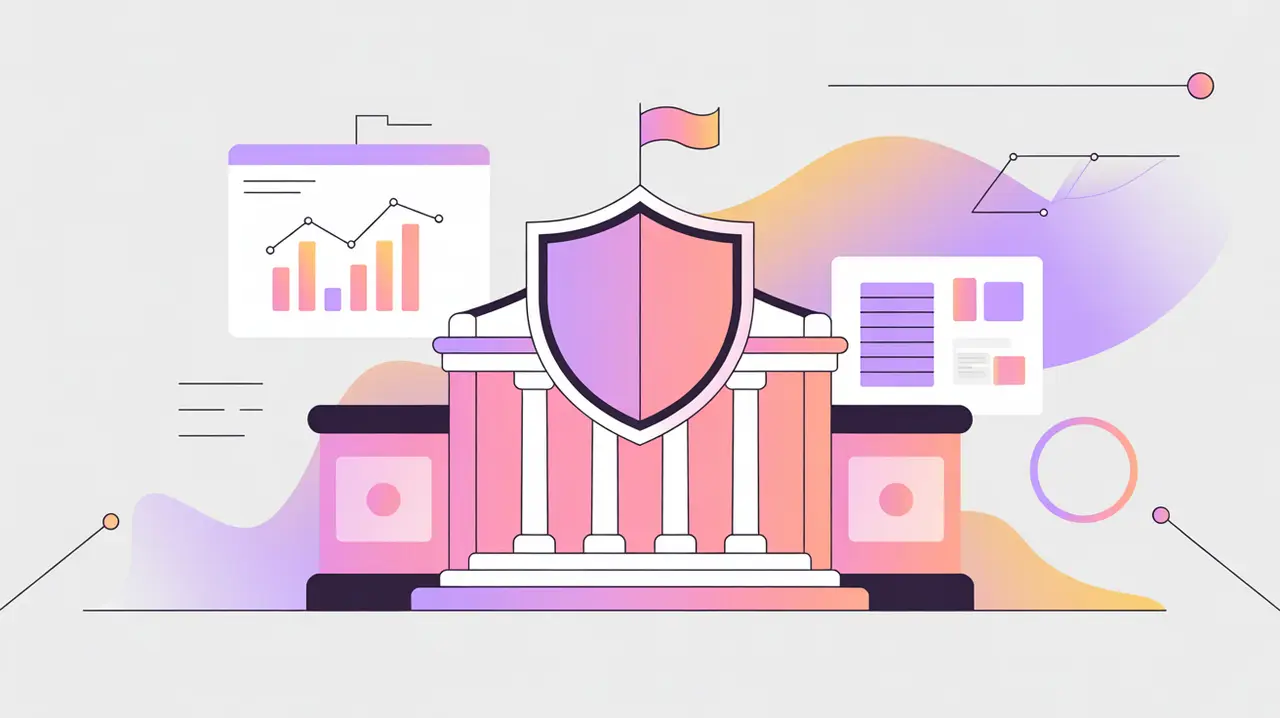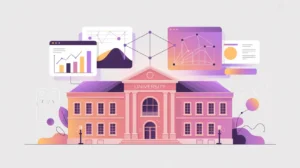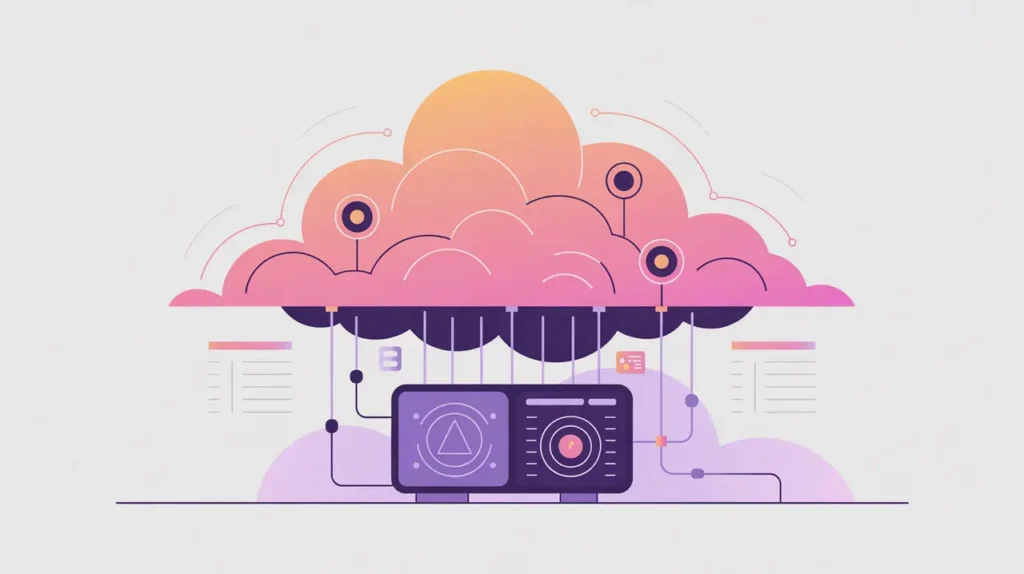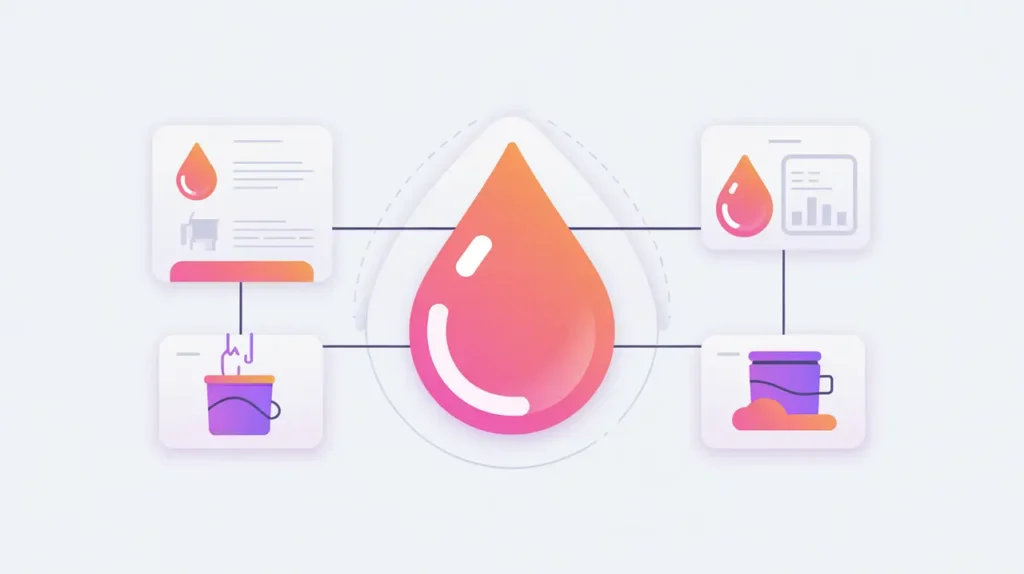Importance of Anti Corruption Analytics
Anti Corruption Analytics refers to the use of data science, AI, and monitoring systems to detect, investigate, and prevent corrupt practices in public and private institutions. Corruption, including bribery, embezzlement, and procurement manipulation, undermines trust, drains resources, and weakens governance. Its importance today lies in the availability of digital tools that can reveal patterns previously hidden in complex systems of transactions and relationships.
For social innovation and international development, anti corruption analytics matter because corruption disproportionately harms vulnerable populations. By exposing misuse of power and funds, mission-driven organizations can improve service delivery, strengthen accountability, and advance equity.
Definition and Key Features
Anti corruption analytics combines techniques like anomaly detection, social network analysis, and text mining. Data sources may include procurement records, financial disclosures, contracts, and citizen reports. Platforms such as Open Contracting Data Standard (OCDS) and investigative tools developed by civil society enhance transparency.
It is not the same as general fraud detection, which focuses on program-level misuse. Nor is it equivalent to audits that occur periodically. Anti corruption analytics seeks systemic irregularities, identifying patterns across institutions, regions, or sectors.
How this Works in Practice
In practice, analytics can reveal unusual bidding patterns in procurement, detect conflicts of interest through network mapping, or identify inconsistencies in asset declarations. Machine learning can flag high-risk transactions for further review, while natural language processing can analyze complaints or media reports for red flags.
Challenges include limited access to high-quality, open data; risks of political interference; and the need to protect whistleblowers and investigators. Ensuring that analytics are followed by accountability measures is essential, or else exposure may not lead to reform.
Implications for Social Innovators
Anti corruption analytics supports mission-driven organizations across many areas. Health programs benefit from transparent procurement of medicines and equipment. Education initiatives can reduce corruption in school funding or teacher allocation. Humanitarian agencies rely on analytics to ensure fair distribution of aid in fragile contexts. Civil society groups use these tools to advocate for good governance, monitor budgets, and empower citizens with information.
By shining a light on hidden patterns of misuse, anti corruption analytics helps protect resources, restore trust, and ensure that development and humanitarian efforts reach those who need them most.







